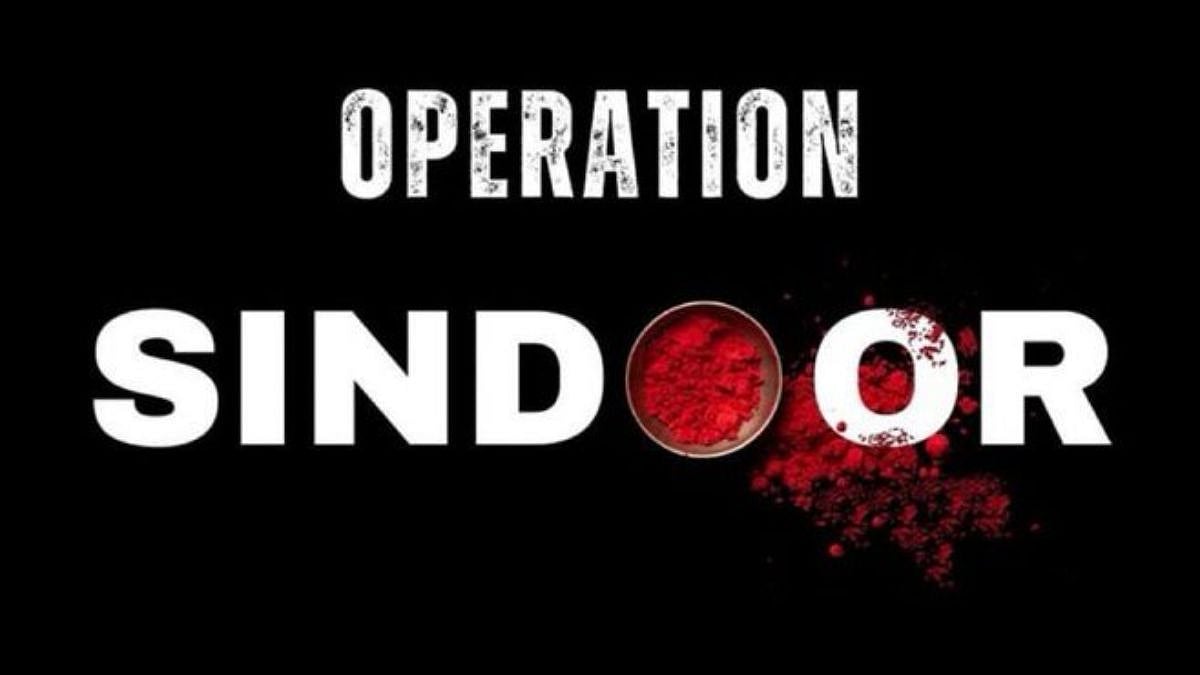With Operation Sindoor, India has carved out a space between helpless inaction and a full-scale war between nuclear-armed states. The precise, measured, non-escalatory yet effective response to the dastardly act of terrorism in Pahalgam should act as a deterrent to the Pakistani establishment. Indian armed forces demonstrated that the sponsors of terrorism will have a heavy price to pay if they continue on this ruinous and self-destructive path.
A heinous act of terrorism and wanton killing of innocent, unarmed civilians, that too with deliberate religious profiling, naturally evoke great anger and emotion. It is, therefore, understandable that some of our citizens want a full-scale war with Pakistan and total victory over the adversary.
But angry, impulsive reactions to terrorism will be counter-productive and make us less safe. The United States after 9/11 reacted like a wounded tiger and invaded Afghanistan (2001) and Iraq (2003). Both countries were conquered relatively easily. But neither peace and order were established, nor did terrorism end.
Precise, calibrated action, global cooperation to end funding and to share intelligence, and coordinated counter-terrorism actions have been more effective in containing and minimising terrorism. Long-term, coordinated strategy is vital for success in dealing with this decades-long challenge. There are no instant solutions.
Pakistan is a large country (255 million population; fifth largest) with nuclear weapons. A full-scale war against a nuclear neighbour is neither feasible nor desirable. In such a situation, the objective is effective deterrence. War is the last and least desirable option.
Given the size, strategic location, socio-political instability and nuclear capability of Pakistan, a full-scale war could harm our interests severely. Apart from the obvious danger of loss of life and property and damage to the economy, a stable, responsible, humane and civilisational society like India cannot risk nuclear conflagration in a cavalier fashion.
Even if Pakistan is dismembered without detonating nuclear weapons, an anarchic Pakistan actually increases the risk of terrorism to the whole world and our own country. The world has repeatedly witnessed the rise of terrorist factions threatening security everywhere whenever a state collapses because of civil war or war between countries.
Afghanistan, Iraq, Syria, Lebanon, Yemen, Somalia… the list goes on. Our objective is to eliminate, or at least substantially minimise, terrorism. While we will prevail in a war against Pakistan, China may interfere if a full-scale war breaks out. Fearing nuclear Armageddon, the rest of the world will intervene strongly to end the war.
India will lose the moral high ground and global sympathy and support, which we largely enjoy as a responsible nation-state and as a victim of terrorism. In any case, we too will incur heavy losses in a full-scale war, and our economy and infrastructure will suffer. Cutting off the nose to spite the face is not a good strategy.
Destruction of Pakistan is no consolation or compensation for the losses our people suffer. We must channelise our pain and anger constructively and strategically to strengthen our nation and enhance the safety and security of our people.
We dealt with terrorism successfully in Punjab. It took over two decades, but our patient, coordinated, long-term strategy worked. Our strategy in Jammu and Kashmir is working too. The repeal of Article 370 paved the way for greater integration, migration, investment and economic growth.
Tourism is rising, and the people are enthusiastically participating in the democratic process and economic activity in large numbers. In fact, the actions of the Pakistan-backed terror groups are a sign of desperation in the face of diminishing relevance. A lamp burns brightest before going out. We must not fall into their trap and change our course.
Patience, perseverance, thoughtful action and long-term strategy are the keys to a better future for Jammu and Kashmir and all of India. With improved integration and prosperity, terror recruitment is declining. People increasingly realise that their future is secure in a stable, prosperous, free and democratic India.
Ultimately, harmony, prosperity and strength are the best guarantors of India’s safety and security. Better infrastructure, more investments, higher productivity, inclusive economic growth, and rule of law protecting the rights of all citizens are the ultimate safeguards for our future.
We must also recognise an unpleasant fact of modern life—terrorism probably can never be fully eradicated. We live in an increasingly complex and interconnected world. Our supply chains are globally integrated. Endless economic activity, global travel and pursuit of freedom make us all vulnerable in a fragile world.
A few determined, psychotic, demented marauders can create havoc, upsetting the rhythm of life and society. A breakdown of a power substation (not related to terror) in London shut down one of the busiest airports in the world, Heathrow, for days. A terrorist with a knife or a psychotic driver at the steering wheel can snuff out several innocent lives.
Only a highly regimented, totalitarian state, willing to extinguish all freedoms and use brute force, can come close to eliminating all forms of terrorism. But state terrorism is not the way forward in a free society. We will probably have to live with random acts of terror as a part of life for the foreseeable future.
But we can minimise the risks and enhance freedom through thoughtful, purposive, well-coordinated and long-term strategy. A knee-jerk reaction and uncontrolled anger will only make things worse.
The author is the founder of Lok Satta movement and Foundation for Democratic Reforms. Email: [email protected] / Twitter@jp_loksatta
